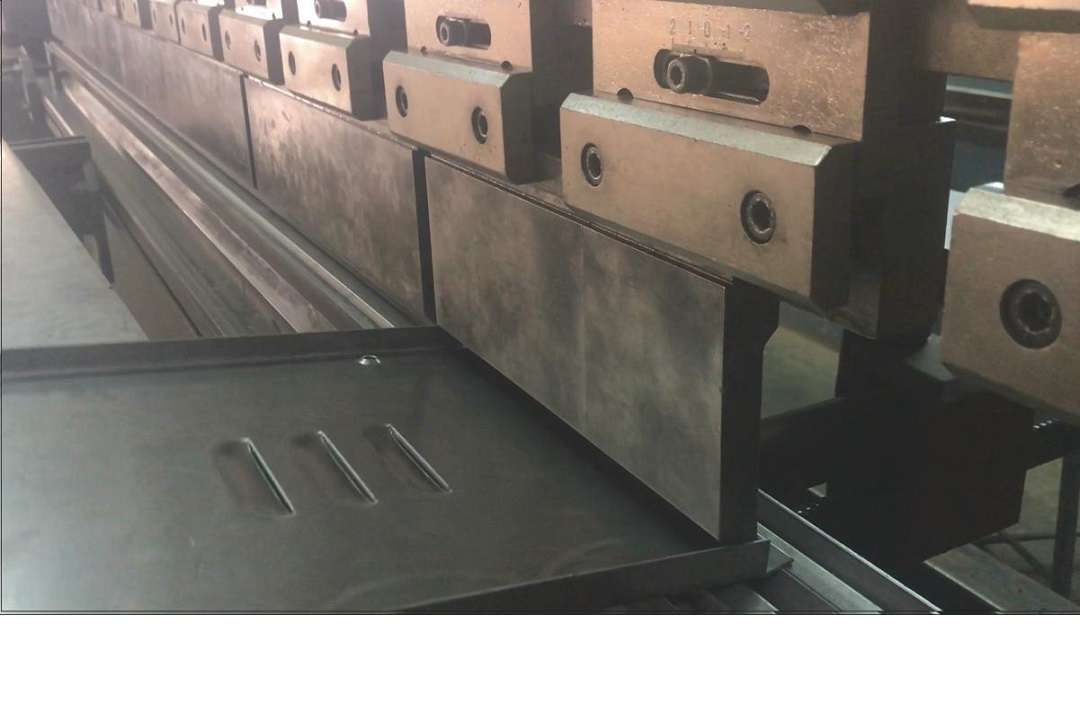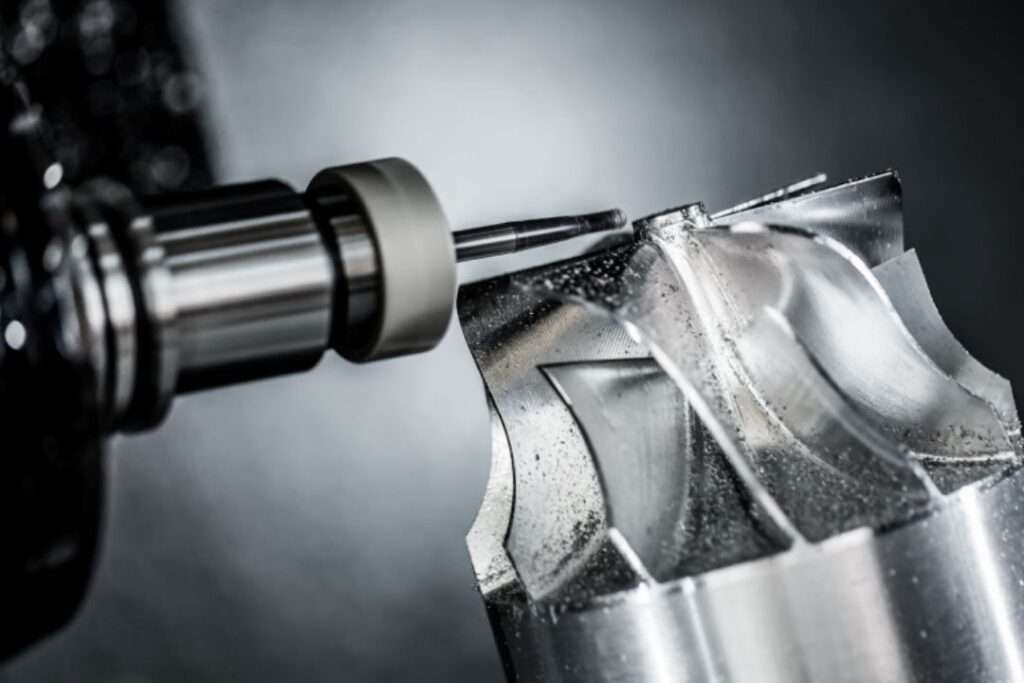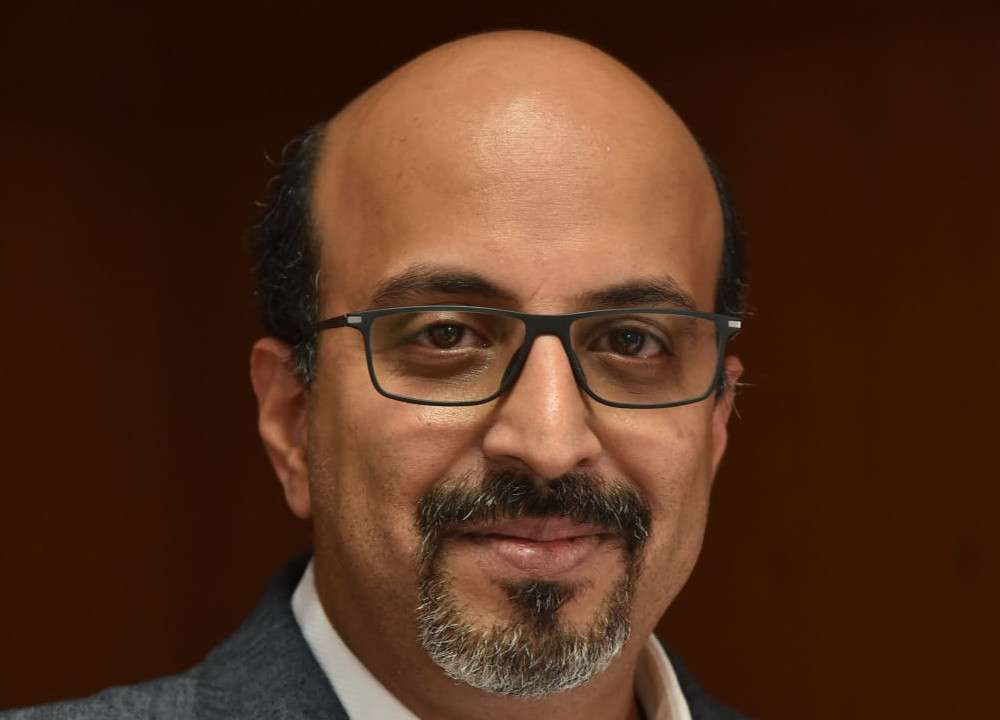As the global auto sector embraces cleaner technologies, tighter safety norms, and greener transport solutions, one manufacturing approach is gaining attention for its game-changing potential: precision steel forming. From trimming down vehicle weight to boosting crash performance and offering engineers more freedom in design, advanced steel forming is redefining vehicle manufacturing, according to industry voices.
“This goes beyond traditional manufacturing — it’s smart engineering with a purpose. Precision steel forming is laying the foundation for the next era of transport,” said Santosh Ventakasubbaiah, Director of Bengaluru-based Mother India Forming Pvt Ltd, a leading player in the field.
With stricter emission rules and rising safety expectations, manufacturers are under pressure to produce vehicles that are safer, lighter, and cost-efficient. Advanced steel forming helps achieve these goals by shaping high-strength steels into exact components that maintain structural strength while optimizing material usage.
The process also enables manufacturers to reduce part counts and assembly complexity by integrating multiple functions into single components. This leads to fewer welds, quicker production, and lower costs. For electric vehicle makers in particular, the technology brings major advantages. Precision-formed steel parts are crucial in underbody frames and safety structures — areas where strength, weight reduction, and space optimization are critical to counterbalance the size and mass of EV battery packs.
“Lowering vehicle weight without sacrificing strength is essential,” added Mr Ventakasubbaiah. “Processes like hot stamping, roll forming, and use of laser-welded blanks make it possible to combine different steel grades and thicknesses into one part. This helps distribute strength exactly where needed, improving impact resistance without extra bulk.”
Mother India Forming specializes in developing intricate steel components that enhance safety and efficiency, contributing to better performance and reduced environmental impact. Founded in 1999, the company has grown into a major player in India’s industrial landscape. Its capabilities range from ERW tubes and roll-formed sections to structural assemblies and tailored precision parts. With over 350 product lines, the company supplies a wide range of sectors — from automobiles to infrastructure, textiles, and construction — all manufactured in-house.
“Safety isn’t just a requirement; it’s at the core of our philosophy,” Mr Ventakasubbaiah said. “We’ve built our reputation on four key strengths: stability, durability, reliability, and precision. By leveraging technologies like CNC bending, robotic welding, laser cutting, and Industry 4.0 systems, we’ve proven that Indian manufacturing can meet the highest global standards. That’s why we say: ‘Made in India, Built for the World.’”
Mother India Forming’s focus on structural integrity also extends to off-road and heavy equipment applications. The company works with top machinery manufacturers to strengthen components like JCB cabins and other critical assemblies.
As transportation moves toward electric, autonomous, and more sustainable solutions, precision steel forming is expected to remain a central enabler of progress. Companies like Mother India Forming are positioning themselves at the heart of this transformation — blending innovation with expertise to meet the evolving needs of global mobility.








